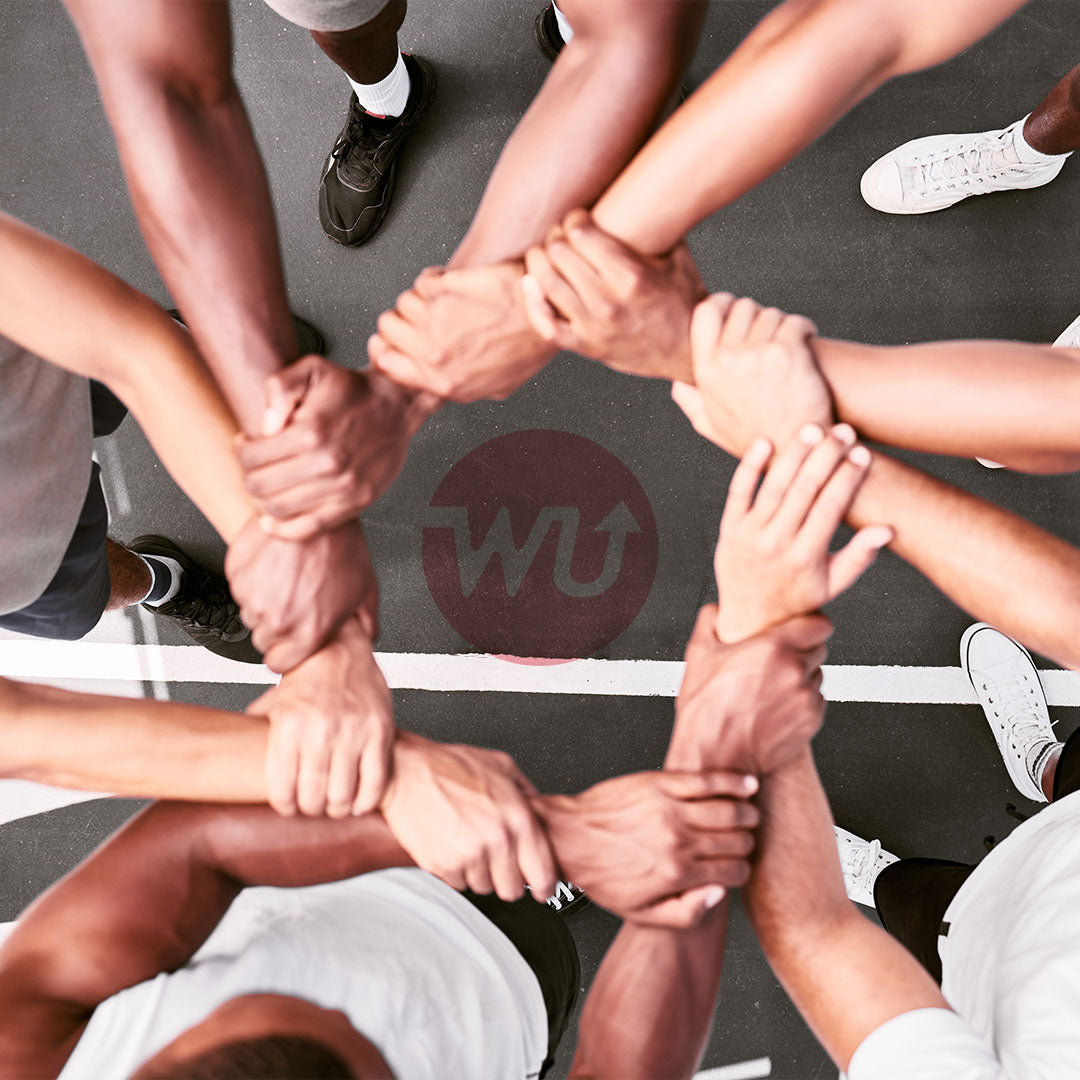
Did you know that sports have a huge effect on our community? It’s a well-known fact that sports are good for you physically & mentally. It helps with your health, appetite, sleeping schedule etc. On the other hand, Sports have long been a source of community pride and unity, bringing people together through a shared passion for physical activity and competition. Whether it’s cheering on a local team or participating in recreational leagues, sports have a profound effect on communities by promoting social interaction, fostering a sense of belonging, and improving overall health and well-being.
One of the primary ways sports benefit communities is by creating opportunities for social interaction. Fans and athletes alike can connect with each other through a shared love of the game, whether it's discussing strategy, sharing stories, or simply enjoying each other's company. In addition, sports events often draw large crowds, creating a sense of excitement and energy that can be contagious. This can lead to positive interactions between individuals who may not otherwise have had the chance to meet, thereby promoting social cohesion and a sense of belonging.

Another benefit of sports in the community is the way it brings people together across different ages, backgrounds, and cultures. Sports can be enjoyed by people of all ages and skill levels, from children just learning the basics to seasoned veterans. By participating in sports, people can build relationships with others who they might not have met otherwise, creating a more diverse and interconnected community. This can help break down barriers and promote greater understanding and acceptance of different cultures and perspectives.

Perhaps most importantly, sports have a significant impact on physical and mental health. Regular physical activity has been linked to lower rates of chronic disease, improved mental health, and increased longevity. When communities prioritize sports and physical activity, they promote a culture of health and wellness, which can have ripple effects throughout the community. Children who grow up playing sports are more likely to continue being active throughout their lives, and communities with high levels of physical activity tend to have lower rates of obesity, heart disease, and other health problems.

In addition to the health benefits, sports can also serve as a positive outlet for youth, helping them to develop important life skills such as teamwork, discipline, and perseverance. By providing a structured and supportive environment, sports can help children build self-confidence and develop a sense of responsibility and leadership. These skills can carry over into other areas of their lives, such as academics and careers, making them more well-rounded and successful individuals.
In conclusion, the impact of sports on communities cannot be overstated. From promoting social interaction and a sense of belonging to improving physical and mental health and developing important life skills, sports have the power to bring people together and create stronger, more vibrant communities. By supporting sports programs and encouraging participation at all levels, communities can help ensure that everyone has access to the benefits of sports and physical activity.









Leave a comment
This site is protected by hCaptcha and the hCaptcha Privacy Policy and Terms of Service apply.